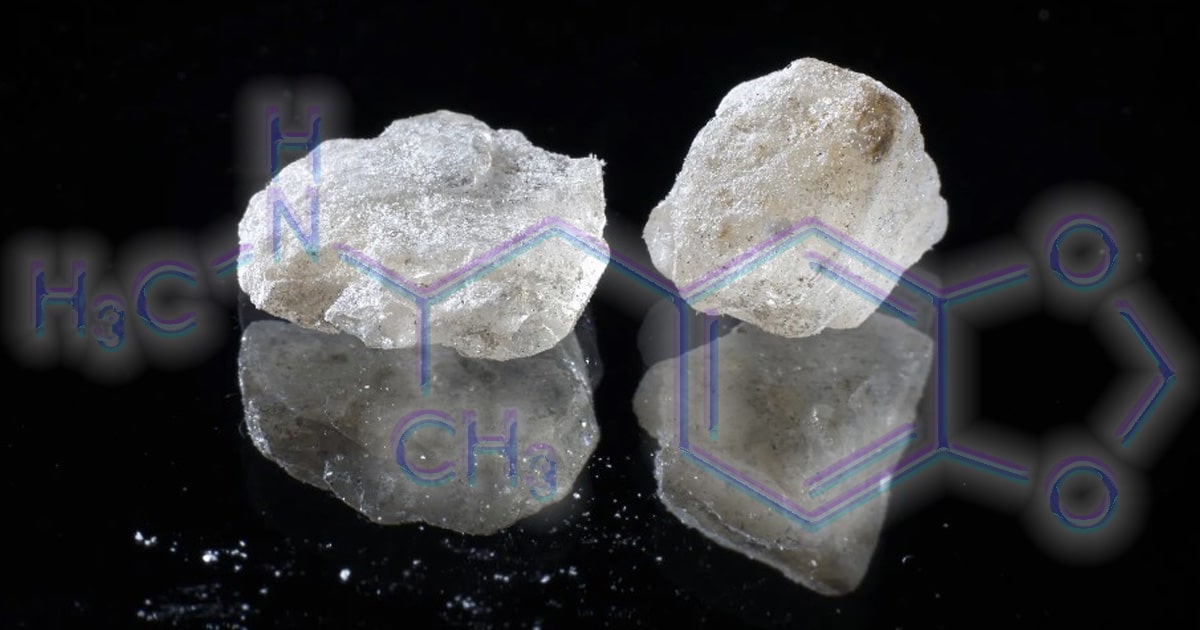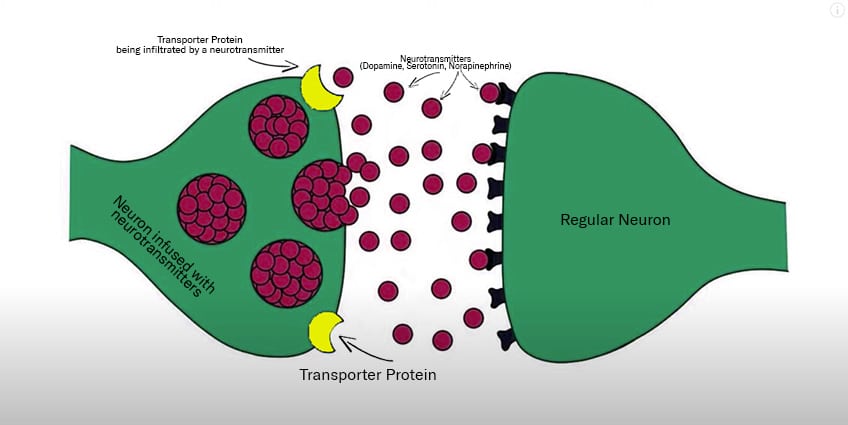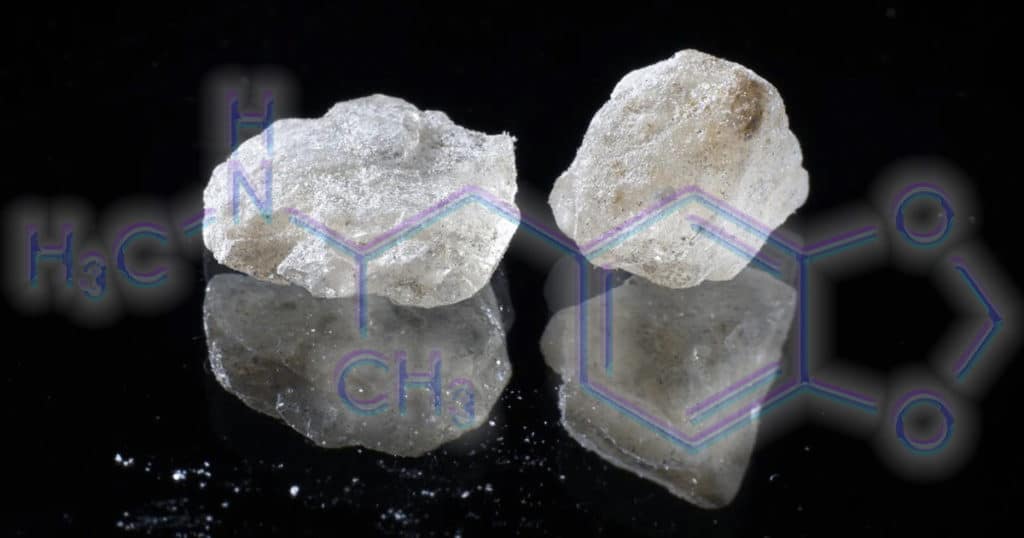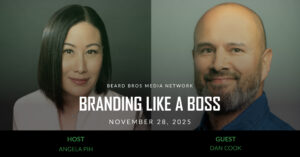Inspired deeply by the incredible docuseries How to Change Your Mind currently streaming on Netflix, last week we explored the roots of the term ‘psychedelic’, enamored with its poetic etymology. This week, MDMA is our muse as we ponder whether or not this groundbreaking drug belongs in the same loosely-defined and still-evolving category of “psychedelic substance”.

 Much like life-changing doses of psychedelics like psilocybin (mushrooms), DMT, LSD, or mescaline, 3,4-methylenedioxy-methamphetamine – or MDMA (or Ecstasy, Molly, or a number of other street names) – has resurfaced after decades of dark and dangerous prohibition as a powerful and proven tool for effective psychotherapy when treating disorders like anxiety, depression, or PTSD, to name a few.
Much like life-changing doses of psychedelics like psilocybin (mushrooms), DMT, LSD, or mescaline, 3,4-methylenedioxy-methamphetamine – or MDMA (or Ecstasy, Molly, or a number of other street names) – has resurfaced after decades of dark and dangerous prohibition as a powerful and proven tool for effective psychotherapy when treating disorders like anxiety, depression, or PTSD, to name a few.
Also, like some of the entheogens listed above, experts in the field of psychology knew of the healing potential of MDMA around the turn of the last century, more than a decade before televisions or sliced fuckin’ bread were invented.
All of the drugs above regained the interest of researchers in the 1970s until the 1980s ruined everything when lab leaks led to a spike in recreational use and Reagan’s doomed doubling down on Nixon’s racist “War on Drugs”.
An entire generation – our entire generation – raised on wars and division home and abroad while deprived of these most natural tools to cope with it and here we are today, a lack of love our lasting legacy.
HOW DOES MDMA WORK?
As similar as the rise to societal acceptance has been for MDMA and other mind-altering substances like shrooms, acid, and the rest, the effects that MDMA has on those who consume it and the pathways it opens to enact those effects are vastly different than the average mushroom or LSD “trip”.
Primarily, for more “traditional” “psychedelics” to have the long-lasting, life-impacting/changing effects that many psychonauts seek, a high dose is typically required in order to trigger what is colloquially known as a “mystical experience”, sometimes experienced as dissolving or shedding of one’s “ego” or “self”.
If that experience sounds amazing, you’re right, it can be.
If that experience sounds terrifying, you’re right, it can be.
Rick Doblin, a longtime MDMA advocate, researcher, therapist, and founder of MAPS (Multidisciplinary Association for Psychedelic Studies) has spent decades working to change the laws surrounding MDMA specifically, seemingly called to action by the universe to highlight MDMA’s potential for healing PTSD-patients.
As Doblin puts it, with MDMA, patients feel safe approaching their trauma “with their ego intact”, offering a less frightening barrier and a significant potential for healing to those who may be curious but hesitant about this alternative form of treatment.
Doblin himself uses the term “psychedelic” rather loosely, lumping experiences like dreaming or intense breath-work into the category, but he maintains that MDMA functions differently than “classic psychedelics”. Though he has dedicated most of his life’s work and focus on the furtherance of MDMA acceptance and understanding, Doblin admits in the video below that if he was alone on a deserted island and he could only have one drug, it would be… LSD 😉
Unlike with LSD, or other “classical psychedelics”, effective MDMA-assisted therapy does not require the patient to undergo the ego-obliterating “mystical experience”, but instead seeks to gently re-open a mental window of sorts known in the field as a “critical period” when the brain is more childlike and sensitive to learning the reward value of peer-to-peer social behaviors like friendly gestures, positive reputation-building, etc.
Also unlike more hallucinogenic substances, MDMA allows for “negotiation”, as Doblin describes it – a very useful distinction when it comes to person-to-person therapy, allowing an MDMA-dosed patient to open up more fully to their therapist in the moment so that the “critical period” can be tapped into.
Experiments on mice show that this “critical period” begins to close tighter and tighter post-puberty, with adult mice assigning increasing less value to positive social behavior and interaction.
Does that sound like you because I suddenly feel like a cranky old mouse! It’s natural.
The good news is, MDMA might be able to help.
In the experiments with the mice, mature test subjects were given a dose of MDMA and then given 48 hours to let that dose “wash out” of their system. Even then, those with the recent MDMA experience showed a reinvigorated zeal for social interaction, similar to the behavior of a juvenile test subject. Those effects could be observed for up to two weeks after a single dose.
Rick Doblin’s tireless work dating back to 1996 has led to the FDA fast-tracking MDMA research and the necessary clinical trials as a potential “breakthrough therapy” for PTSD patients – an arduous process itself that Doblin’s efforts have nearly satisfied and completed.
One of the main benefits of MDMA as a therapeutic tool is that as with the “classic psychedelics” it is non-addictive, and moreover ineffective when taken too regularly. Research in primates has shown that moderate to high doses of MDMA, given twice daily for four days, damages nerve cells that contain serotonin, and that such damage can be detected up to seven years later. That seems like excessive dosing at best and monkey abuse at worst but stands as a reminder that there certainly can be too much of a good thing.
MDMA is a stimulant, and like other stimulants, it generally causes increased alertness and a positive mood.
MDMA is unique from other stimulants, and similar to psychedelics like psilocybin and LSD, in its tendency to deliver a reduced sense of inhibition along with strong feelings of trust, openness, and closeness with those around.
In our brain, between its neurons is an empty space known as a “synaptic cleft”.
Some people have some serious real estate in there, but I digress…

In that space float sporadic neurotransmitters like dopamine and serotonin. The brain deploys mental vacuum cleaners of sorts known as transporter proteins that are tasked with cleaning up that cleft.
MDMA effectively blocks these transporter proteins, leading to a buildup of all neurotransmitters, but specifically and more heavily serotonin buildup. MDMA can even hitch a ride on a transporter protein, forcing it back into a neuron, causing neurotransmitter (dopamine and serotonin) buildup INSIDE the brain’s neurons. The synaptic cleft is then flooded with serotonin delivering the effects described here so far.
MDMA has also been shown to promote the body’s natural production and release of oxytocin, dubbed the “love hormone”, thought to further enhance the prosocial behavior brought on by a proper dose administered in a proper setting.
The goal is to make MDMA-assisted psychotherapy available as a treatment in a specialty clinic for anyone with PTSD, expanding the list of acceptable ailments as quickly as possible.
Beyond moving the mountain known as the FDA into action, MAPS is peer-pressuring public and private insurance plans to cover the treatment which is currently estimated to run between $5,000 – $10,000 for a 12-week course of guided therapy.
A small price to pay for love rekindled, or an outrageous affront to bodily sovereignty?
That’s a topic for another article.
















